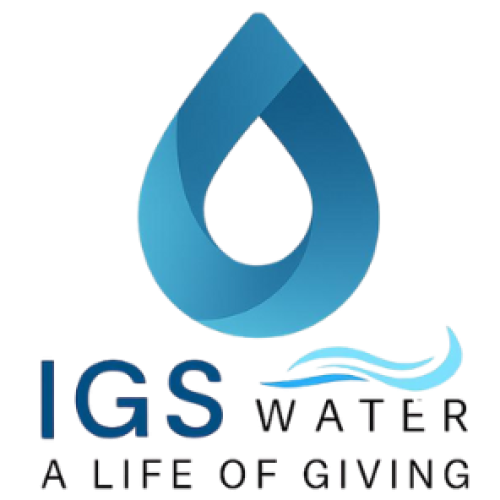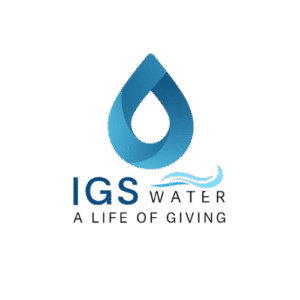Water is everywhere—but clean, safe, and sustainable water? That’s becoming increasingly rare. From polluted rivers to chemical-heavy farming runoff, we’re facing a global water crisis that affects not just our health, but the environment, food systems, and even future generations.
Why Water Quality Matters Now More Than Ever
Whether you’re running a shrimp farm, managing wastewater, or simply using water every day, the reality is the same: poor water quality leads to poor outcomes.
- In aquaculture, low oxygen means sick animals.
- In agriculture, untreated water reduces crop health.
- In municipalities, inefficient treatment leads to rising costs and community risk.
Yet despite all this, many systems still rely on outdated methods—wasting energy, overusing chemicals, and delivering inconsistent results.
Awareness Is Step One. Innovation Is Step Two.
It’s easy to overlook what we can’t see. But what if we told you that invisible nanobubbles—tiny, stable bubbles smaller than the eye can detect—could be the key to transforming how we manage water?
Nanobubbles enhance oxygen delivery, improve water quality naturally, and reduce the need for chemicals. They don’t rise to the surface and burst like regular bubbles. They stay in the water, doing the work—quietly and powerfully.
The Bigger Picture: Sustainability and Responsibility
Clean water isn’t just a technical issue. It’s a social one. An environmental one. A global one.
Using smarter tools like nanobubble systems helps:
- Reduce energy use
- Eliminate unnecessary chemicals
- Promote natural purification
- Protect ecosystems
- Create better outcomes for communities and industries alike
Whether you’re a water operator, a farmer, a researcher, or just someone who cares—being part of the solution starts with being aware of the options.
💬 Final Thought: A Future Worth Building
Water is life. But clean water? That’s intentional.
Let’s be the generation that rethinks how we treat it.
At IGS Water, we believe that real change starts with awareness. It’s not just about what’s flowing through our pipes—it’s about how we treat that water, how we manage it, and how we protect it. And this is where nanobubble technology offers a smarter, cleaner, and more sustainable path forward.

